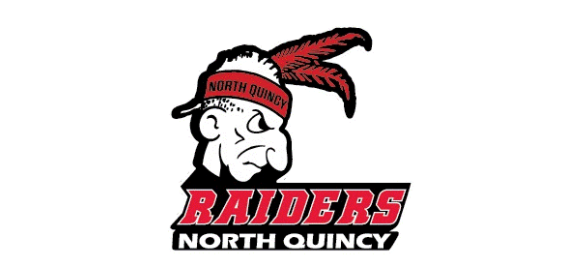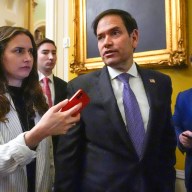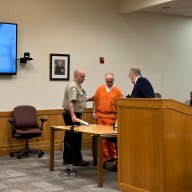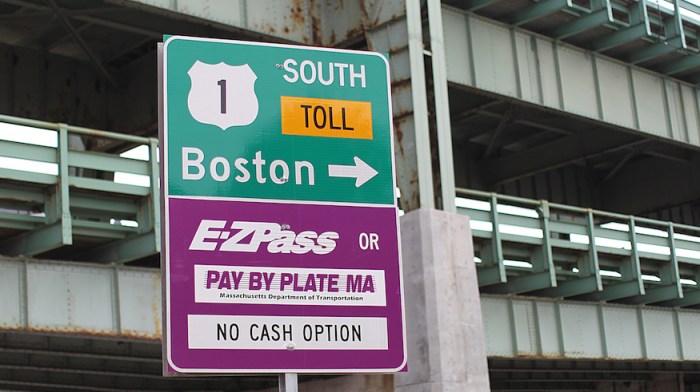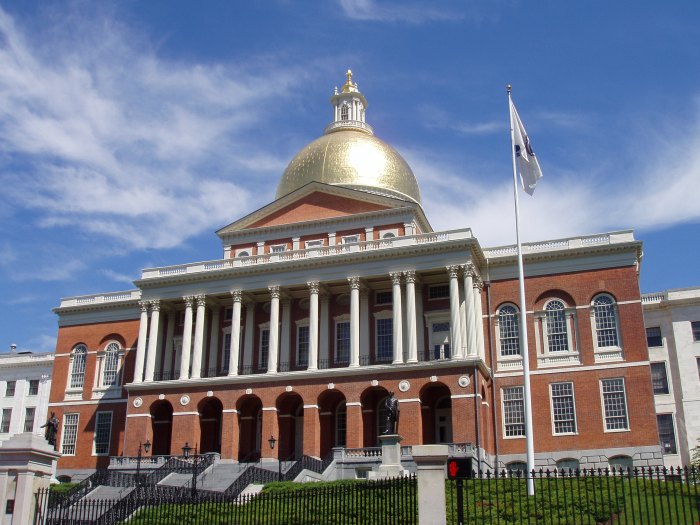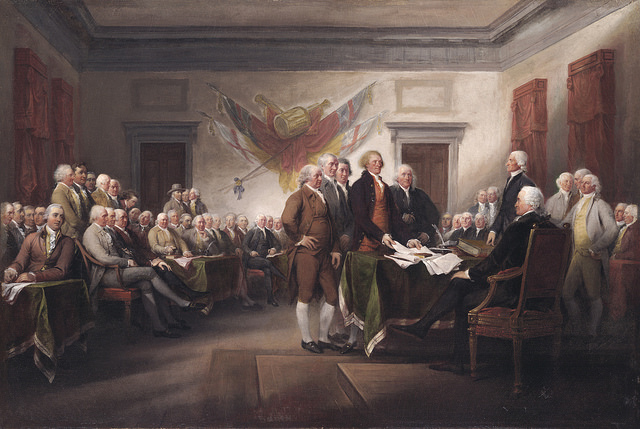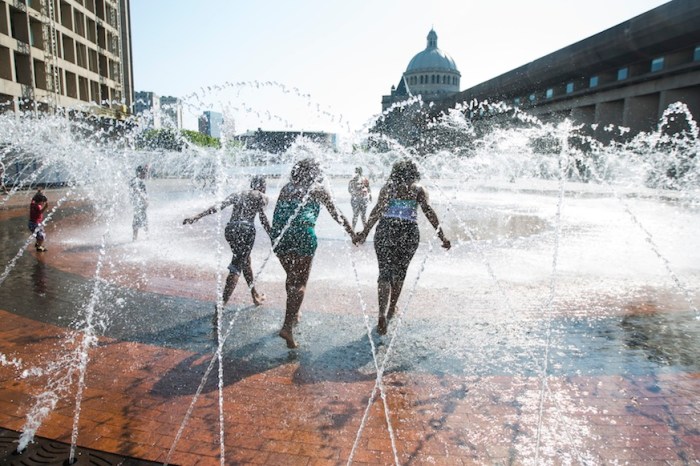Around 40 Massachusetts schools use Native American imagery and themes for their mascots and logos, according to a parent seeking to ban the practice.
Lisa Thomas, one of two Tewksbury residents who petitioned Sen. Barbara L’Italien to file legislation that would impose the ban, told the Joint Committee on Education Tuesday that she grew concerned the town’s Redmen mascot would teach her children that “stereotypes and caricatures were OK.”
Jason Packineau, an enrolled citizen of the Three Affiliated Tribes of North Dakota and community coordinator at the Harvard University Native American Program, discussed what he described as the impact of such mascots on his own life. The Lincoln resident said people call him “chief” or “savage,” and strangers ask to touch his long hair, which he wore in braids Tuesday.
“Native people want to control their identity,” he said, asking the committee to remember that the mascots were not created by Native Americans.
While bill supporters (S 291) said the portrayal of Native Americans as mascots can be harmful and disrespectful to people they are intended to represent, opponents of the ban said the mascots honor historical relationships with Native American tribes and have become sources of town pride over the years.
“The town has an affinity and a great relationship with this name,” said Rep. Jim Miceli, who represents Tewksbury, citing a well-known statue in the town “of an Indian brave overlooking the community,” and the recent opening of a bowling alley and recreation complex named after the Wamesit village.
Miceli, a Wilmington Democrat, told the committee the issue is a priority in Tewksbury, where the school committee in March 2016 voted 4-1 to keep its mascot after hearing support from residents.
“I would love to see this bill killed, and I’m looking around and I think that’s a possibility,” Miceli said.
Billerica Republican Rep. Marc Lombardo changed his Twitter profile picture on Tuesday to the Billerica Memorial High School Indians logo and described the bill in written testimony as “political correctness run amok.”
“I’ve lived in Billerica essentially all my life,” Lombardo wrote. “Never, in over three decades have I ever witnessed the name ‘Billerica Indians’ used and received by residents in anyway other than with pride and joy.”
The Massachusetts Teachers Association supports the bill, and the union’s Shauna Manning said mascots do not represent the “rich and complex history” of Native American people and do not acknowledge a “long history of genocide from the United States toward Native Americans.”
“We feel that Native American mascots are demeaning and perpetuate a myth that Native Americans are relics of the past who no longer exist,” she said.
Residents of Amesbury, Melrose and Winchester testified in support of the bill, saying they disagreed with their towns’ use of Native American mascots.
Dan Volchok, the school committee chairman for the Masconomet Regional School District that serves Boxford, Middleton and Topsfield, said his high school would request a special exemption for its Chieftains team name and arrowhead logo if the bill passes, saying students are taught about Chief Masconomet and his historical importance to the region.
Gene Weeden-Williams, an Amesbury man who said he is descended from two native tribes, opposed the bill, saying people should not “buckle under prejudice.”
“American Indian is synonymous with freedom,” he said. “That’s our heritage. To deny us the right to put an effigy of us as a mascot I feel is unamerican, unpatriotic.”

